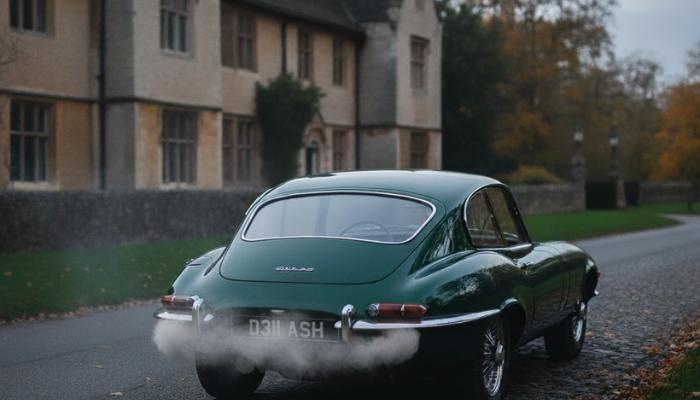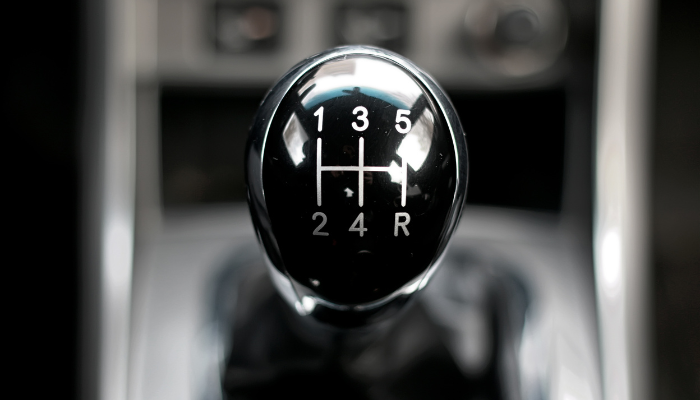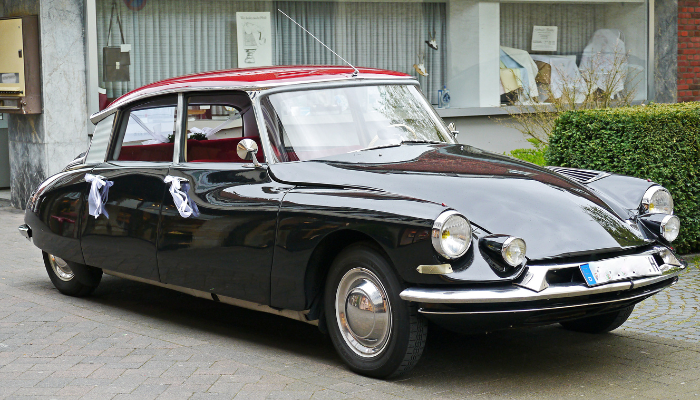As petrol and diesel prices hit a record high, many motorists are feeling the pinch. It’s been reported that 89 per cent of British car owners are concerned about being able to afford petrol, 39% are driving less, and 1% have already switched to a hybrid or EV. For classic owners, there is concern that these rising fuel costs are the beginning of the end of their hobby.
The introduction of E10 fuel, which could cause damage to the components in older engines, was already a blow, meaning classic owners had to pay more for standard fuel now labelled ‘premium’. While the increase is blamed on instability in the market due to the ongoing invasion of Ukraine by Russia, some feel this is just the start of pricing people out of combustion engine car ownership.
Typically, classic car owners await the arrival of Spring to enjoy their cars in the warmer weather.
Director of industry research at AutoInsurance.com, Ryan McGonagill, says:
“With Spring around the corner and more people taking to the roads as the weather gets warmer, it’s safe to say that drivers should brace for even higher prices in the months to come.
“Whether the ongoing conflict in Ukraine will continue to affect crude oil markets and impact the price at the pump remains to be seen.”
Of course, it’s not just fuel that’s rising in cost. People across the country have recently been hit with huge increases in their electricity and gas, alongside the usual annual RPI increase for other services and increasing bills at supermarkets’ checkouts. Many face a crisis as the cost-of-living increases way beyond any wage increase.
FairFuelUK is calling on the Treasury to reduce petrol and diesel price by at least 5p per litre. It’s been pointed out that oil companies often pass on cost increases at the point of sale but rarely reduce them again when prices of wholesale oil drop.
The government are pushing towards an electric future for motor vehicles. In 2035 the sale of new petrol and diesel cars will be banned altogether. While used vehicles won’t be affected by the ban, there is concern that eventually, this will happen to help the country achieve almost zero carbon emissions by 2050.
This change will see the cost of running and maintaining classics likely to increase. This could price out many classic car owners who would not be able to afford to maintain their hobby any longer. Some are getting ahead of this trend and converting their classics to electric drivetrains.
There are mixed feelings amongst the classic community about this, though. Some feel that its sacrilege; others see the sense, but everyone agrees the price of conversion is extremely expensive.
For those that can afford it, though, it may make sense. New research has found that converting classics to an EV could see their value increase by more than 2,000 per cent or a staggering £100,000.
It’s clear that the environment is suffering, and we have a responsibility to take action, but with classic cars only accounting for around 0.7% of all registered vehicles. Sir Greg Knight MP, chairman of the All Party Parliamentary Historic Vehicles Group, told Carbuyer;
‘Whilst it is admirable to pursue the aim of seeing only zero-pollution vehicles on our roads, it is necessary to also take along public opinion. Any democratic government that gets too far ahead of public opinion becomes a missionary at its own risk.
‘Classic and historic cars only make up approximately 0.7% of all registered vehicles, so their contribution to air pollution is barely measurable. I would therefore expect any Government to exempt them from a blanket ban on the use of petrol or diesel vehicles.
While there’s no need to go into full panic mode just yet, many in the classic community see these moves as an assault on their hobby and the preservation of these historic vehicles, which should be preserved for future generations. Rising fuel costs are affecting the majority of motorists, whether they own classics or not, how are you combating these price increases? Let us know in the comments.







Leave A Comment